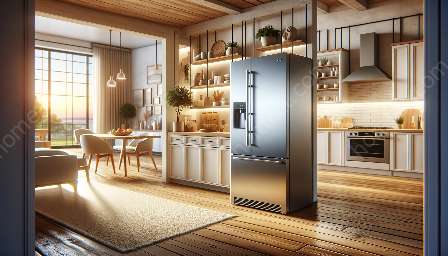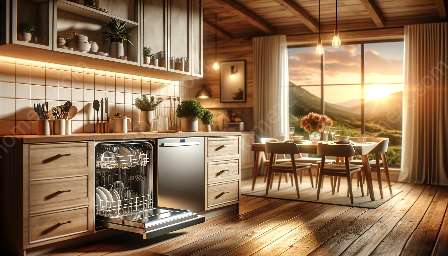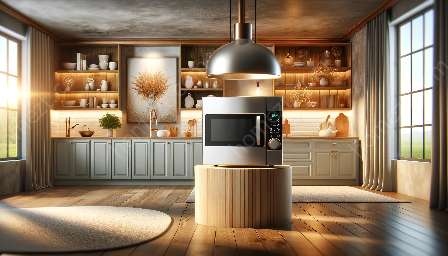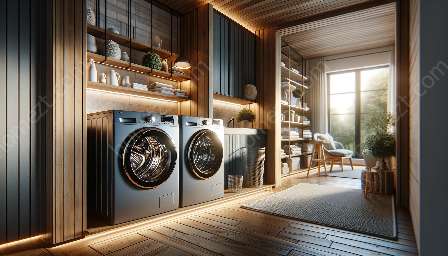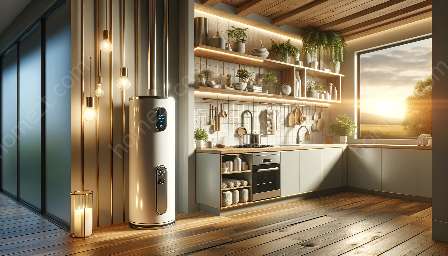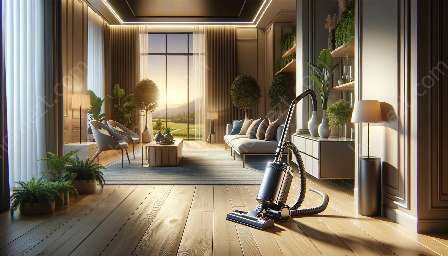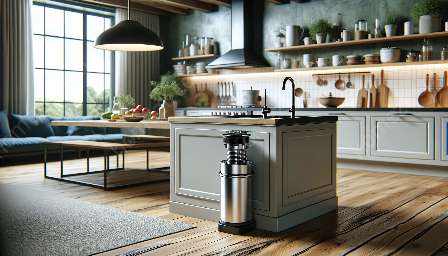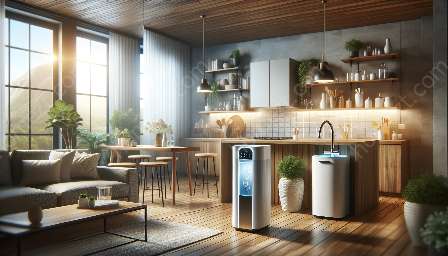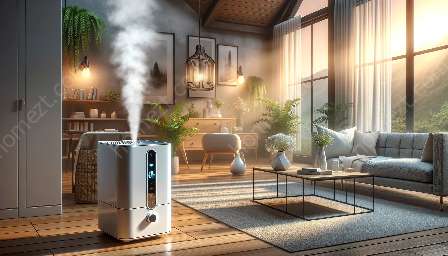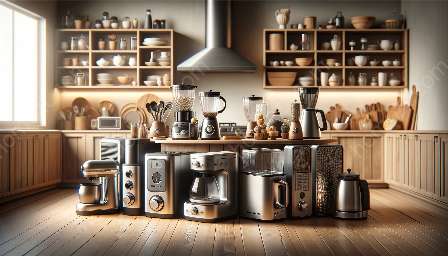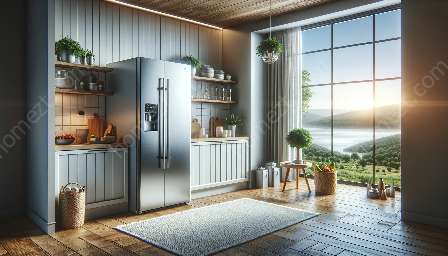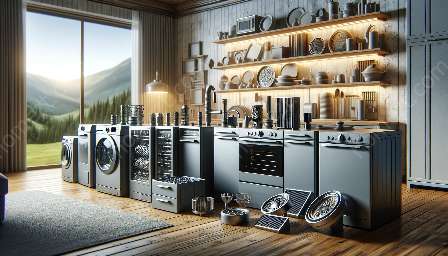Having the right level of humidity in your home is crucial for comfort and overall well-being. Humidifiers and dehumidifiers are appliances designed to regulate indoor humidity levels, making them vital for creating a healthy and comfortable living space. In this comprehensive guide, we'll explore the benefits, features, and proper use of humidifiers and dehumidifiers, and how they contribute to home improvement.
The Importance of Balanced Humidity
Before delving into the specifics of humidifiers and dehumidifiers, it's essential to understand why maintaining balanced humidity levels is important for your home. Humidity refers to the amount of water vapor present in the air, and achieving an optimal level is key to a healthy indoor environment.
Insufficient humidity can lead to dry air, which often causes skin irritation, respiratory discomfort, and static electricity buildup. On the other hand, excessive humidity creates a breeding ground for mold, mildew, and dust mites, posing challenges for individuals with allergies and respiratory issues.
By using humidifiers and dehumidifiers strategically, you can maintain an ideal indoor humidity level, typically between 30% and 50%, to mitigate these problems and enhance overall comfort.
Humidifiers: Enhancing Indoor Comfort
A humidifier is a device that increases moisture in the air to raise indoor humidity levels. There are several types of humidifiers, including ultrasonic, evaporative, warm mist, and cool mist models. Each type offers unique features and benefits suited to different preferences and needs.
One of the primary advantages of using a humidifier is its ability to alleviate common issues associated with dry air. By releasing fine, invisible mist or steam into the air, humidifiers can help combat dry skin, itchy eyes, and chapped lips, particularly during winter months or in arid climates.
Furthermore, humidifiers are beneficial for respiratory health, as they can soothe irritated nasal passages and throat, making it easier to breathe. For individuals prone to allergies or asthma, maintaining proper humidity levels with a humidifier can reduce the likelihood of experiencing discomfort triggered by dry air.
When selecting a humidifier, consider factors such as room size, noise level, maintenance requirements, and additional features like built-in hygrometers and programmable settings. These considerations will contribute to finding the most suitable humidifier for your specific household needs.
Dehumidifiers: Combatting Excess Moisture
Conversely, a dehumidifier is designed to reduce moisture in the air, making it an essential appliance for controlling excessive humidity. Dehumidifiers offer various benefits for maintaining a healthy and comfortable home environment, particularly in areas prone to high humidity levels, such as basements and bathrooms.
Excess humidity can lead to a range of issues, including musty odors, mold growth, and deterioration of furniture and structural materials. By extracting excess moisture from the air, dehumidifiers help prevent these problems and contribute to a fresher, more pleasant indoor atmosphere.
Moreover, dehumidifiers play a critical role in safeguarding your home against potential structural damage caused by prolonged exposure to high humidity. By regulating moisture levels, these appliances can help mitigate the risk of rot, warping, and corrosion in vulnerable areas of your home.
When selecting a dehumidifier, factors to consider include capacity, energy efficiency, noise level, and drainage options. Additionally, some models offer advanced features like automatic humidity control and air purification functions, which can further enhance the benefits of using a dehumidifier in your home.
Benefits of Using Humidifiers and Dehumidifiers
Both humidifiers and dehumidifiers offer a wide range of benefits that contribute to overall home improvement:
- Health and Comfort: By maintaining balanced humidity levels, these appliances support respiratory health, alleviate discomfort caused by dry or excessively humid conditions, and promote overall well-being for household members.
- Protection of Property: Proper humidity control helps preserve furniture, wood flooring, and other materials susceptible to damage from excessive moisture or dryness, ultimately prolonging the lifespan of household belongings.
- Prevention of Mold and Odors: Humidifiers and dehumidifiers play a crucial role in preventing mold and mildew growth, as well as addressing musty odors commonly associated with high humidity levels.
- Energy Efficiency: Maintaining optimal indoor humidity can contribute to energy savings by improving the efficiency of heating and cooling systems, as well as reducing the workload on air purifiers and other household appliances.
Proper Use and Maintenance
To maximize the benefits of humidifiers and dehumidifiers, it's important to use and maintain these appliances correctly. Proper placement, regular cleaning, and monitoring of humidity levels are essential practices to ensure their effectiveness and longevity.
Humidifiers and dehumidifiers should be positioned strategically in areas where humidity control is most needed, such as bedrooms, living rooms, basements, or other relevant spaces. Additionally, following manufacturer guidelines for cleaning and disinfecting these appliances can prevent the buildup of mold and bacteria, contributing to healthier indoor air quality.
Conclusion
Humidifiers and dehumidifiers are indispensable appliances for maintaining a healthy and comfortable home environment. Whether you're seeking relief from dry air or aiming to combat excessive moisture, these devices offer practical solutions that positively impact your well-being and the condition of your home. By understanding their benefits and appropriate usage, you can effectively integrate humidifiers and dehumidifiers into your home improvement efforts, creating a more enjoyable and sustainable living space.

